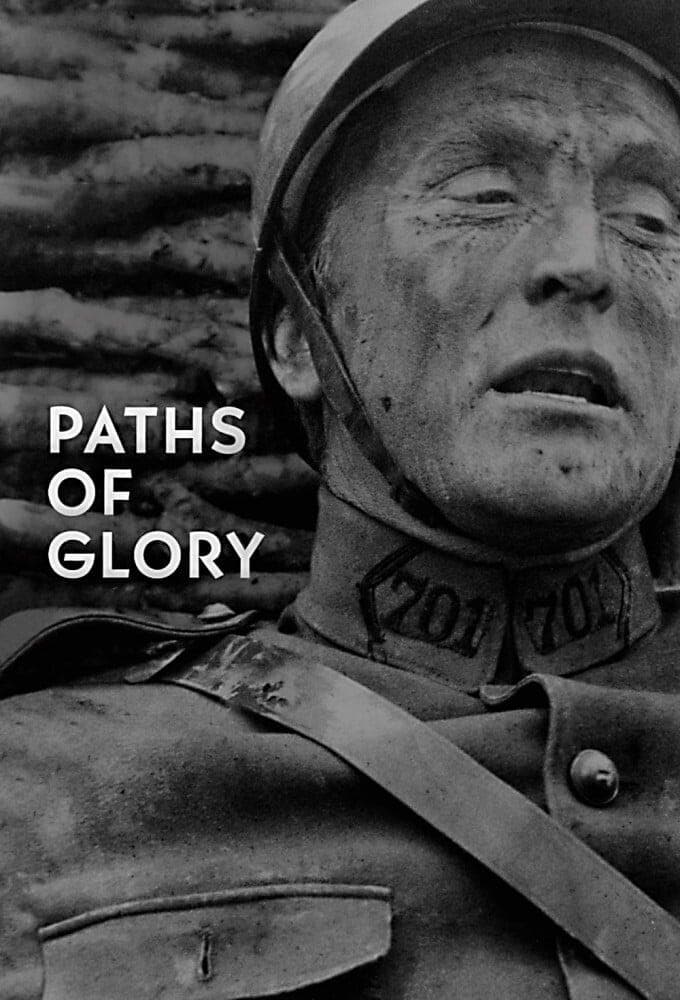
Paths of Glory
1957
Rate this movie
Average: 0.00 / 5
(0 votes)
Director
During World War I, General Mireau, orchestrating a chess match against a heavily fortified German position, blinded by the prospect of promotion, sends his troops to the slaughter. The position in question, the elusive "Ant Hill," immediately proves to be an insurmountable obstacle, a symbol of the futility of war strategies based on arrogance and the denial of reality. Mireau, an emblematic figure of a military leadership laden with rhetoric and detached from the human condition of his subordinates, embodies the hubris that condemned entire generations of soldiers in the trenches of the Great War, a conflict in which human life was considered a bargaining chip in the cynical game of politics and careers.
Thus begins one of the most brutal scenes in cinematic history, an endless battle where every scene is permeated with raw realism. Stanley Kubrick, with a mastery that already anticipates the peaks of his artistic maturity, plunges us into a hell of mud and iron. The famous tracking shots of soldiers desperately advancing into no man's land, under devastating crossfire, are not mere camera movements, but a true visual embrace of despair. The director offers nothing to false heroism; there is no glory, only terror, confusion, and inevitable annihilation. The absence of an emphatic soundtrack during these moments heightens the sense of horror and authenticity, allowing the sounds of battle—explosions, whizzing bullets, cries of pain—to narrate the carnage. It is a punch to the gut that elevates Paths of Glory far above a mere war film, placing it among the most poignant reflections on the senselessness of armed conflict and the fragility of the human condition.
The attack, naturally, is a total failure, and General Mireau, to cover up his shortcomings, decides to have three men shot for cowardice. This decision is not merely an act of cowardice and self-preservation, but the culmination of a corrupt and inhumane system. It is an attempt to shift the blame for strategic failure onto the weakest link in the chain, transforming victims into scapegoats to preserve an illusory facade of military discipline and honor. This gives rise to a legal battle before the Court Martial to save the lives of the three men, with the assistance of Colonel Dax, a Parisian lawyer who defends them. The figure of Colonel Dax, played with measured intensity by a Kirk Douglas deeply involved in the project (his production company, Bryna Productions, made it possible), emerges as the only voice of reason and humanity in a court that is a grotesque farce. The trial is a theater of the absurd, where justice is bent to the interests of the hierarchy, and truth is an inconvenient detail to be eliminated. Dax is not an epic hero, but a man who fights tooth and nail against a bureaucratic and military Leviathan, embodying the strenuous defense of individual dignity in the face of systemic oppression. His struggle is that of every conscience that rebels against injustice, even when defeat is foretold and inevitable.
The film closes with a scene that does not seem organic to the narrative. We have just witnessed a heart-wrenching slaughter on the battlefield and an absurd legal battle to save the lives of three innocent men, a moral viewpoint that condemns the corrupt and cynical French army generals who send their soldiers to the slaughter, and now what do we see? Those same surviving soldiers, drunk, crammed into a bistro, banging their beer mugs on the tables as the owner brings a frightened German girl onto the stage. The girl is barraged with lewd comments and vulgarities of all kinds, then she begins to sing and the audience gradually falls silent. It is a song in German, and only a few soldiers know the words, so they begin to hum the tune; some are moved, others bow their heads in silence.
This final scene, seemingly dissonant, is in reality the keystone of the entire work, Kubrick's true, heart-wrenching stroke of genius. After the dehumanization of war and the brutality of military justice, we are offered a moment of unprecedented vulnerability and human connection. The soldiers, initially reduced to a formless mass of primal desires and frustrations—understandable reactions to the trauma just endured—are reanimated by a spark of empathy. The young German girl, initially an object of scorn and lewdness, transforms, through the vehicle of her voice and her song, into a universal figure of innocence and beauty. The tune, a simple German folk melody, transcends linguistic and national barriers. It is not a matter of understanding the words, but of the emotional resonance it evokes. Those French soldiers, bitter enemies of the Germans just moments before, find a common ground of melancholy and shared humanity. Their faces, marked by war and pain, soften into expressions of poignant emotion, of mutual recognition in the common condition of vulnerable human beings. Some weep, others bow their heads, no longer soldiers but men, capable of a pity that the military system had sought by all means to eradicate.
A scene of haunting beauty, one that clashes with the epic fabric of the film but vividly illustrates Kubrick's poetic vision, opposed to all forms of rhetorical patriotism, always ready to capture reality in its naked essence, but above all, forcefully proclaiming the central theme of the work: being against all types of war. This conclusion is not a mere postscript; it is a powerful affirmation of the human capacity to transcend conflict, even if only for a fleeting instant. The fact that the soldiers are recalled to the front immediately after this moment of fragile spiritual truce only accentuates the tragedy. Kubrick offers no easy solutions, no cathartic endings. Rather, he leaves us with a sense of profound melancholy, an indelible open wound on the nature of war and its devastating capacity to annihilate not only bodies, but also the human soul. Paths of Glory is a film that, while rooted in a specific historical context, remains universally relevant, an eternal warning against the abuse of power, the brutality of war, and imposed heroism, while celebrating the fragile, yet unyielding, spark of humanity that can re-emerge even from the depths of horror. It is a work that paved the way for a new, honest, and disenchanted war narrative, destined to influence generations of subsequent filmmakers.
Country
Gallery
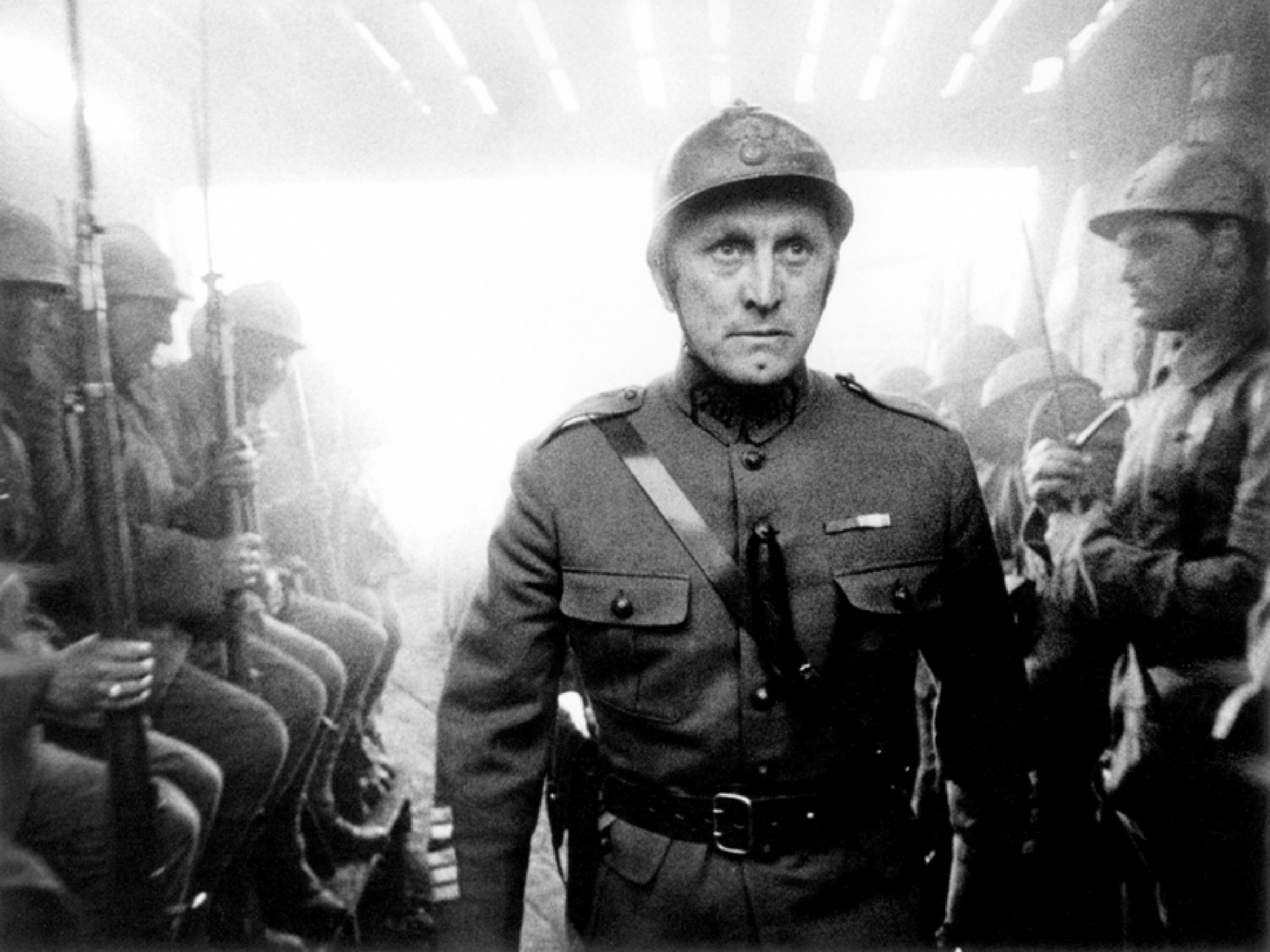
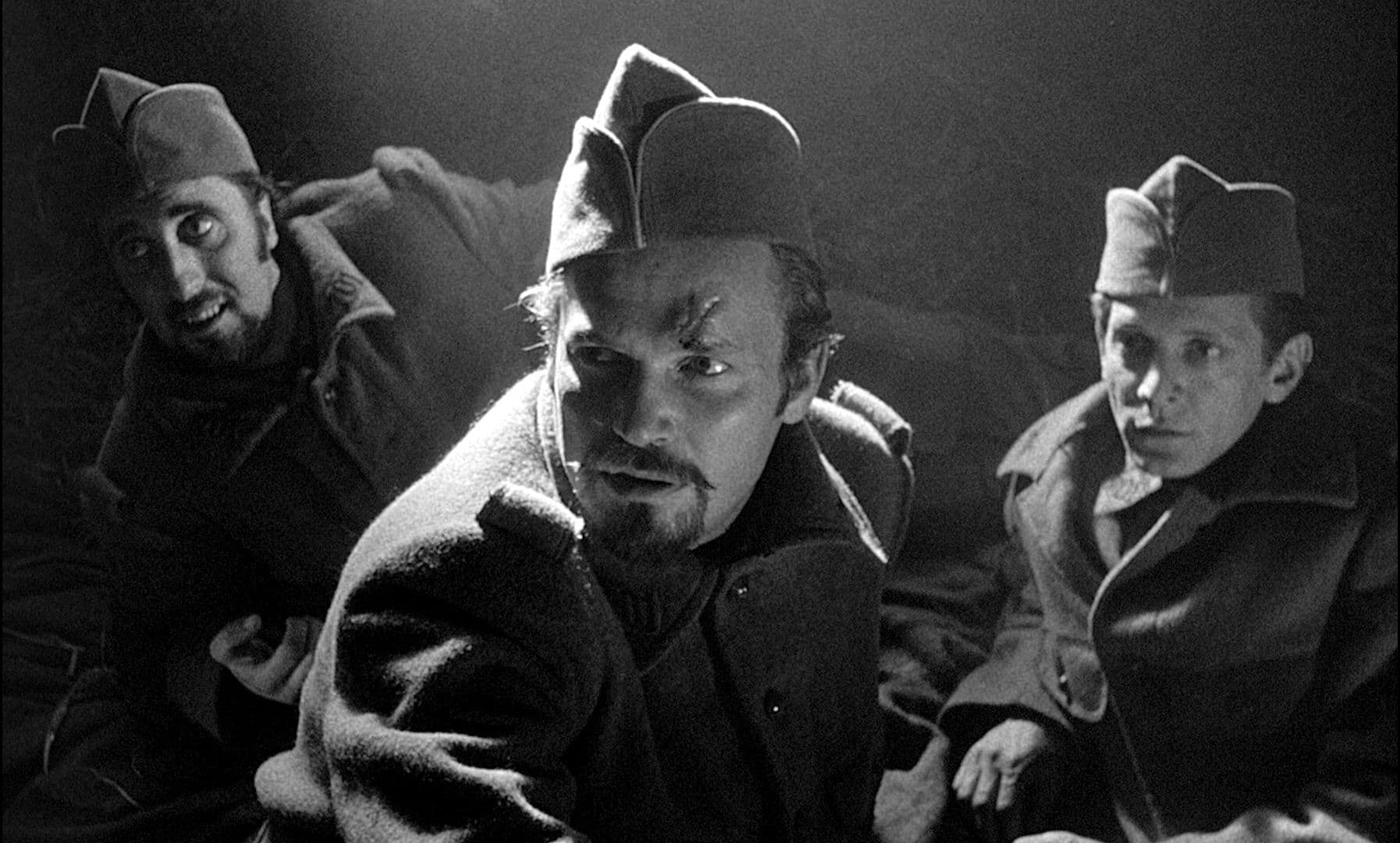
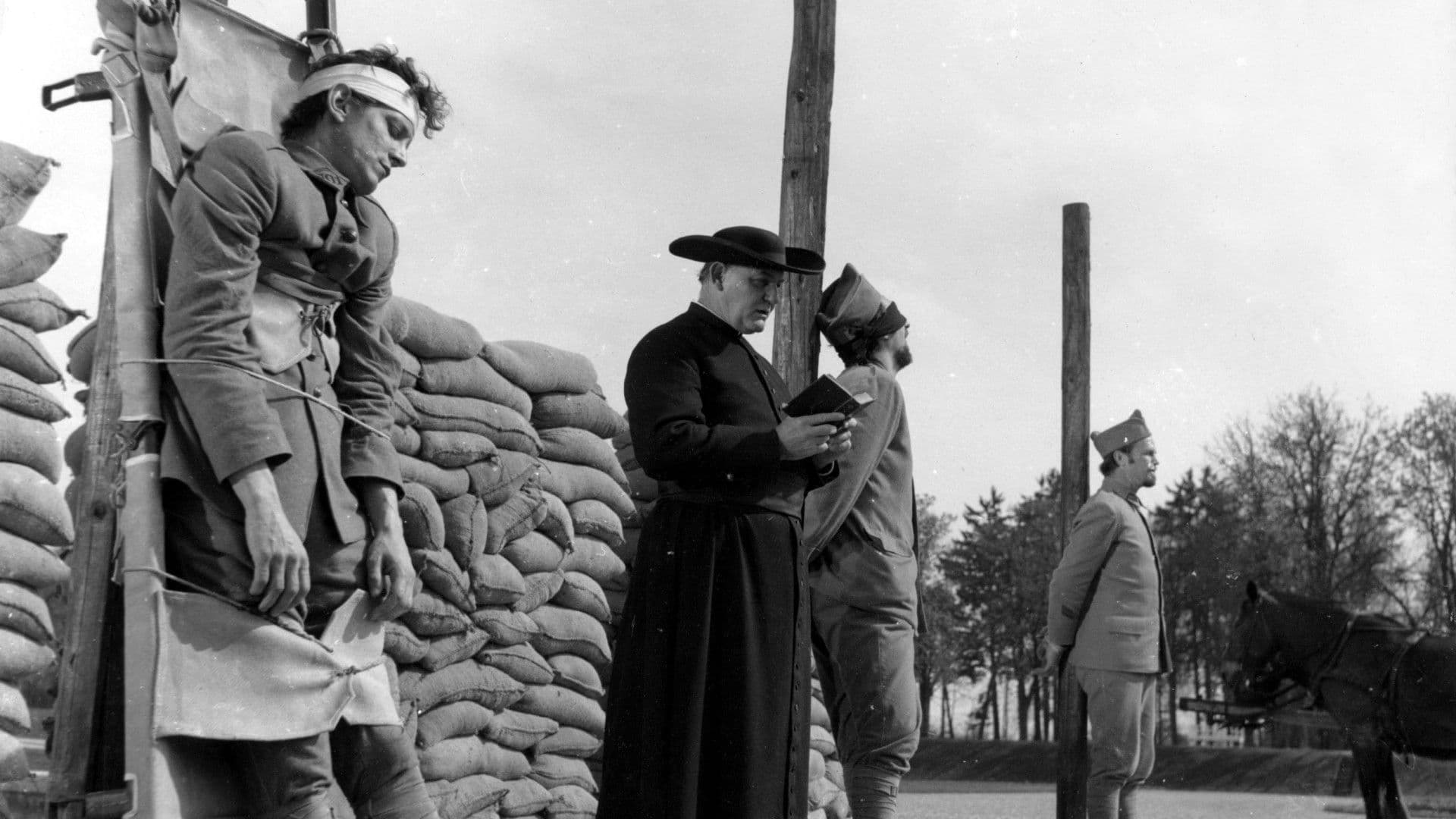
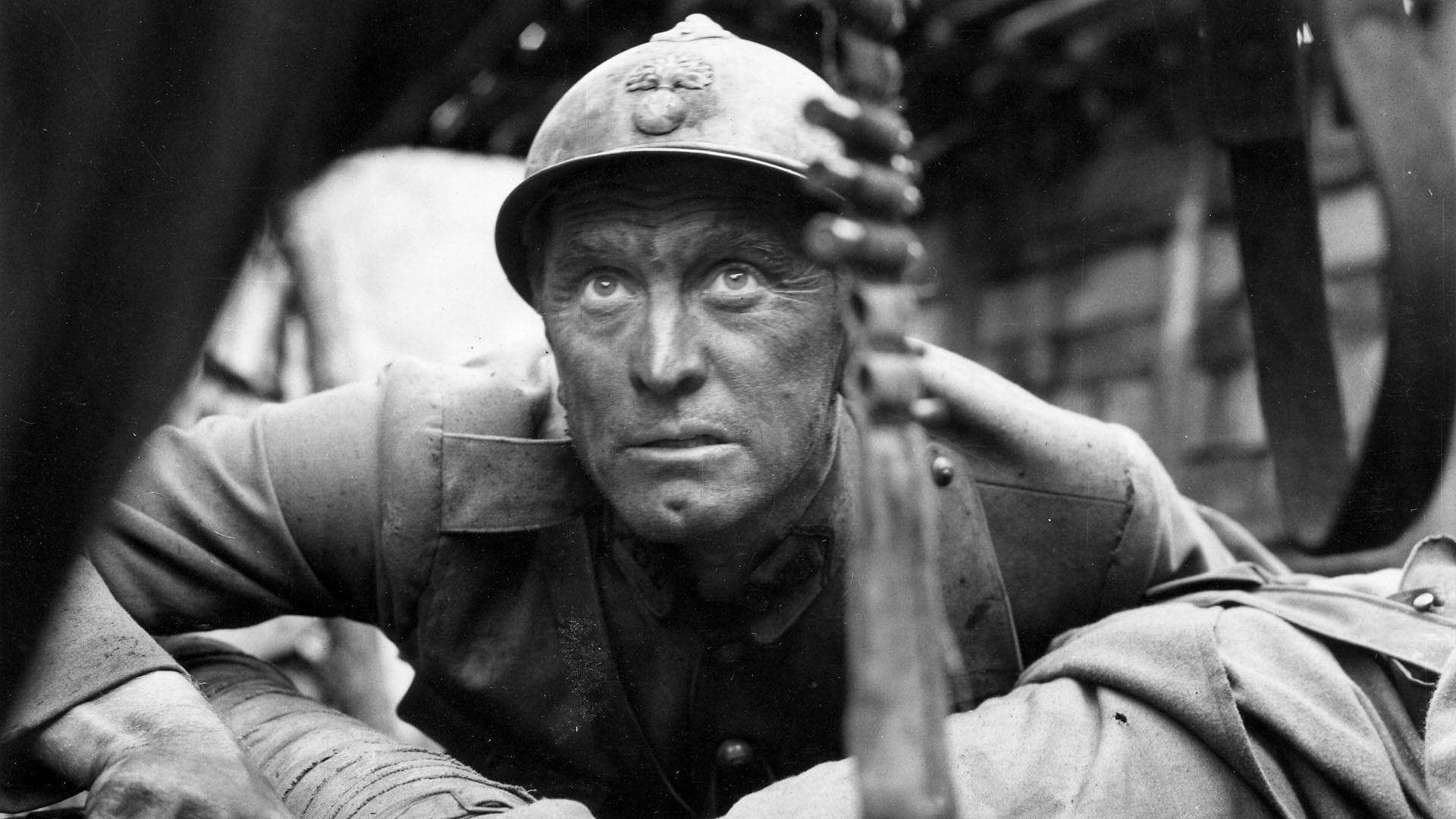
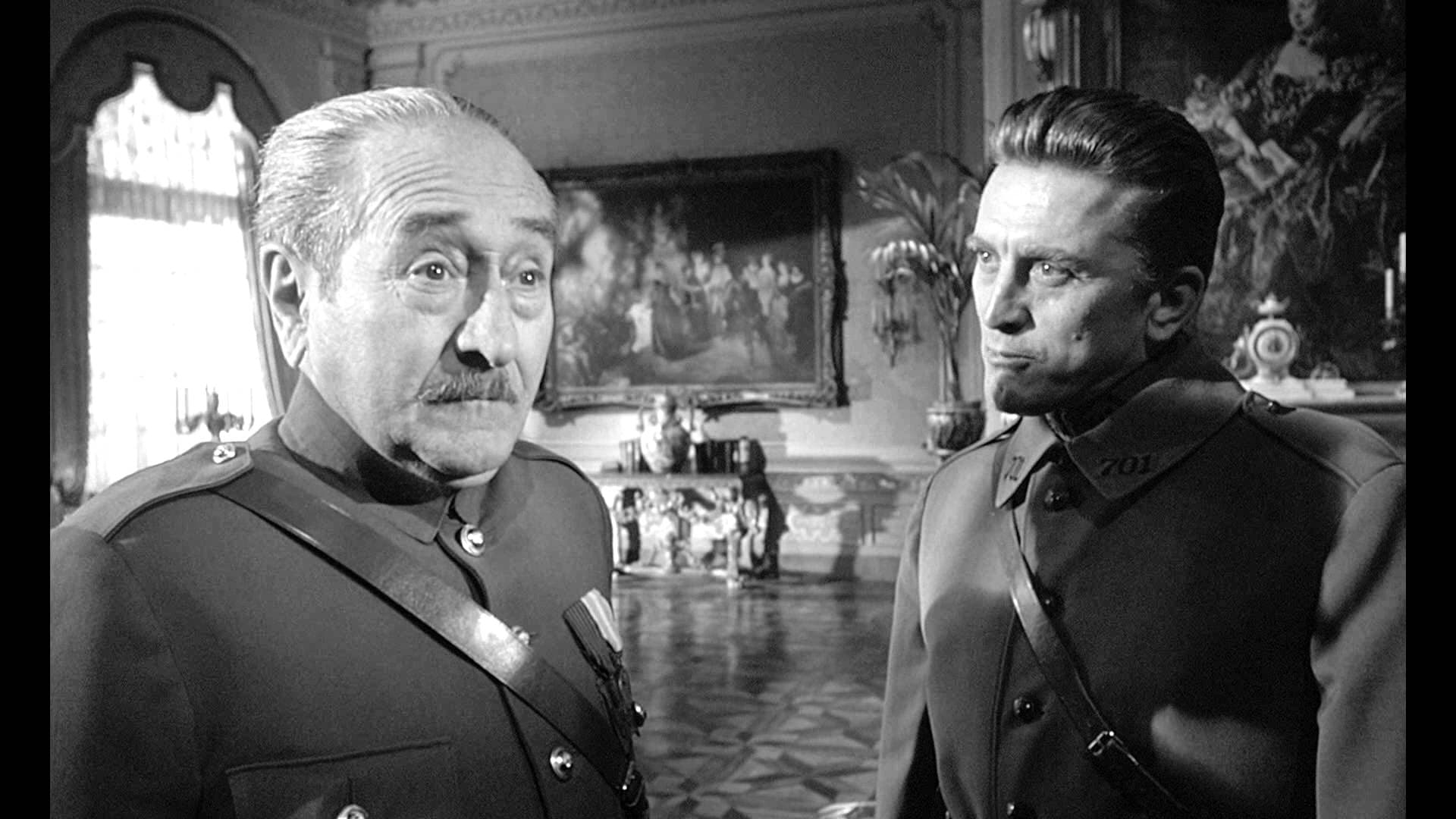
Featured Videos
Official Trailer
Comments
Loading comments...